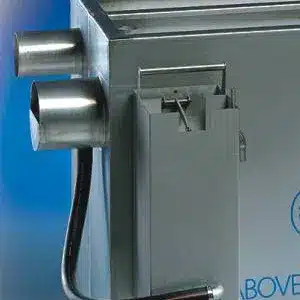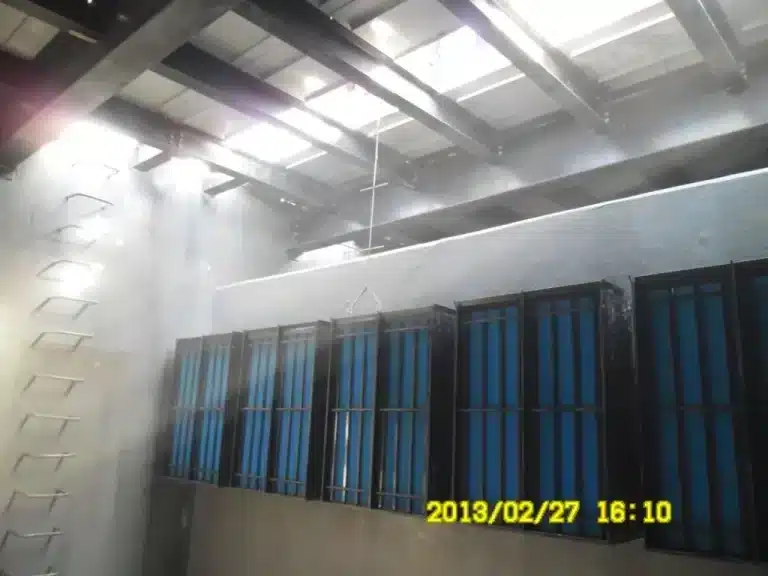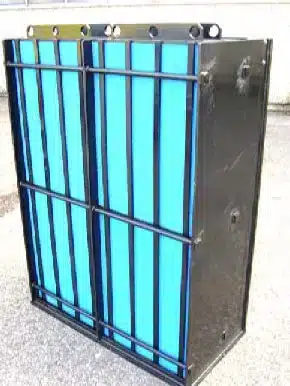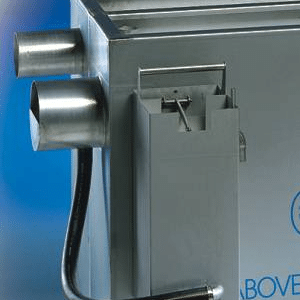Alaska’s waters are under constant threat from oil spills. With its vast coastline and rich marine life, the state needs advanced solutions for oil spills. Oil Skimmers Alaska are leading the fight against marine pollution, offering hope against disasters.
Companies like Freytech Inc. Oil Skimmers Alaska strong defense against oil spills. But the fight is tough.
Key Takeaways
- Alaska’s unique marine environment requires specialized oil spill response techniques
- Advanced oil skimming technology is crucial for protecting Alaska’s waters
- Companies like Freytech Inc. lead in developing innovative oil recovery solutions
- Strict regulatory frameworks guide oil spill cleanup efforts in Alaska
Introduction to Oil Skimmers in Alaska
Alaska’s vast coastline and delicate marine ecosystems need top-notch oil spill equipment. The state’s unique geography makes it crucial for oil skimmer suppliers in Alaska to provide efficient solutions. Environmental remediation in Alaska faces unique challenges due to harsh weather conditions and remote locations.
The importance of oil spill response in Alaska’s waters
Protecting Alaska’s pristine waters is a top priority. Quick response times and effective oil spill equipment are essential to minimize environmental damage. The state’s rich marine life and fishing industry depend on rapid cleanup efforts when accidents occur.
Overview of oil skimming technology
Oil skimmer suppliers in Alaska offer a range of advanced technologies. Conveyor belt skimmers and vacuum systems are popular choices for their efficiency. These tools are designed to work in Alaska’s challenging conditions, from icy waters to rough seas.
Regulatory framework for oil spill cleanup in Alaska
The Alaska Department of Environmental Conservation oversees oil spill cleanup efforts. They require companies to have detailed response plans and prove their ability to recover specific oil volumes quickly. For planning purposes, skimmer systems are typically rated at 20% of their maximum capacity, unless higher efficiency is proven under specific conditions.
Oil Skimmers Alaska: State-of-the-Art Equipment
Alaska’s oil industry uses the latest technology for quick spill response. Companies offer top-notch oil recovery systems Alaska needs to keep its environment safe. These solutions show Alaska’s dedication to managing resources responsibly.
Freytech’s Innovative Skimmer Technology
Freytech Inc. is at the forefront with its advanced oil skimmers. Their gear can separate oil from water at an impressive 5 PPM level. This leads to cleaner water and better oil recovery. Freytech’s technology is a new benchmark for oil containment in Alaska.
Efficiency and Performance of Alaskan Oil Skimmers
Alaskan oil skimmers are very efficient in many conditions. Oil spill cleanup contractors in Alaska use the latest technology to handle tough environments. The Oil Skimmer, made by Freytech Inc. Alaska, is a top performer in cold water.
In tests with Alaska North Slope crude oil, the Otter Skimmer removed 91% to 98% of the oil. This shows how well Alaskan oil skimmers work. Small tests showed it could clean up to 64 gallons of oil per minute. Big operations aim to clean at least 200 gallons per minute, showing the system’s size.
These advanced technologies let oil spill cleanup teams in Alaska act fast and well in emergencies. The efficiency of Alaskan oil skimmers means they can quickly contain and clean up spills. This helps protect Alaska’s sensitive ecosystems.
Environmental Impact and Regulations in Alaska
Alaska’s untouched nature needs strict rules for oil spills. The state’s unique ecosystems need special ways to clean up spills. The Alaska Department of Environmental Conservation is key in protecting these areas.
Hydrocarbon Discharge Limits
North America has rules for how much oil can be released at 10 parts per million. Companies like Freytech Inc. have tech that can get down to 0.1 PPM. This is crucial for handling oil spills in Alaska’s delicate waters.
Conservation Guidelines
The Alaska Department of Environmental Conservation requires oil companies to have plans for preventing spills and cleaning up. These plans must show they can handle spills within certain times. This helps Alaska keep up with environmental clean-up efforts.
Response Planning
Planning for spills is a big part of being ready in Alaska. The state looks at how well companies can handle spills. They check everything from skimmers to storage tanks. This makes sure Alaska is ready for any environmental issue.
These rules and plans are key to Alaska’s environmental protection. They help balance the state’s economy with protecting its natural beauty and resources.
These separators are crucial in storm water systems. They process runoff to meet the US EPA’s Clean Water Act standards. With effective oily water treatment, facilities protect the environment and dodge big fines.
Conclusion
Alaska is serious about protecting the environment. It has strict rules and keeps improving its technology. This shows its deep commitment to a clean future.
Stopping oil spills in Alaska is a team effort. Agencies, companies, and experts work together. They make sure Alaska is ready to deal with spills in its tough marine areas.
As Alaska fights marine pollution, Oil Skimmers Alaska will keep playing a big part. These machines, along with strict rules and skilled people, make a strong defense against pollution. With these technologies, Alaska’s waters have a bright future.




